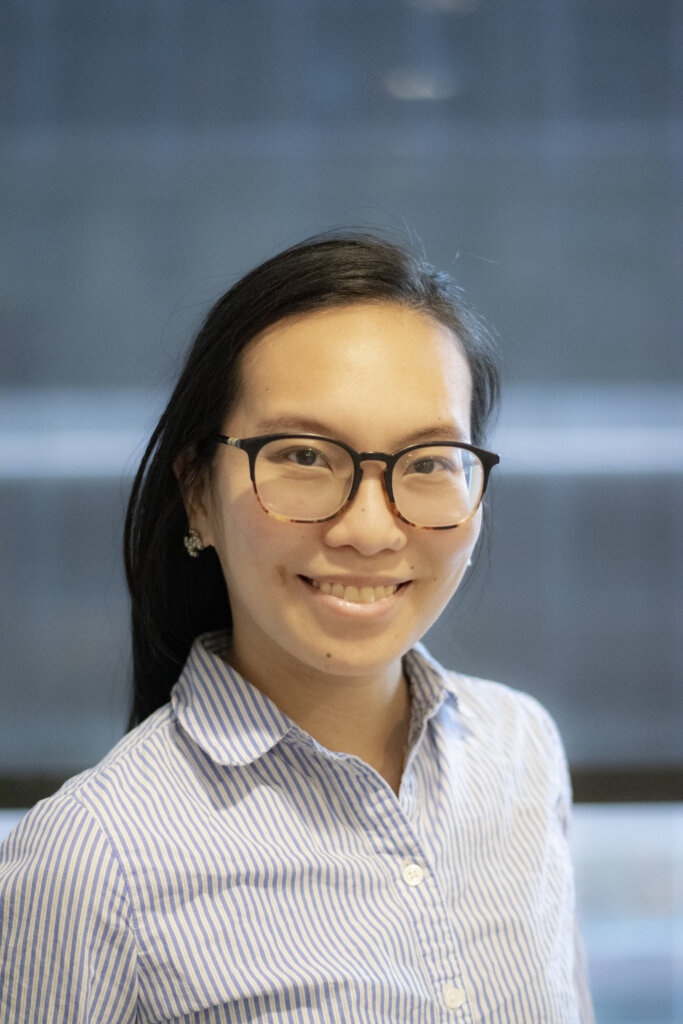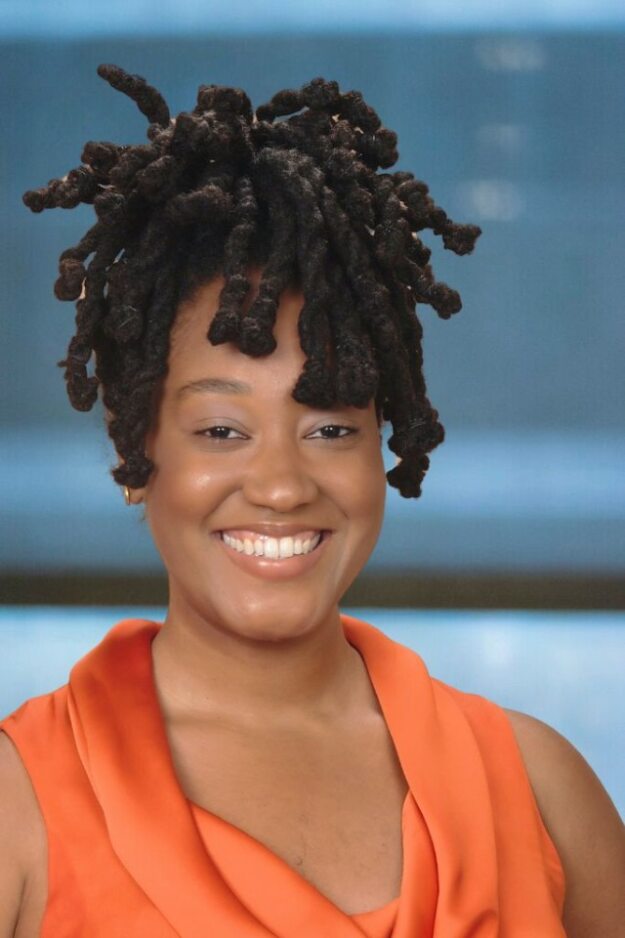Justice, Equity, Diversity and Inclusion
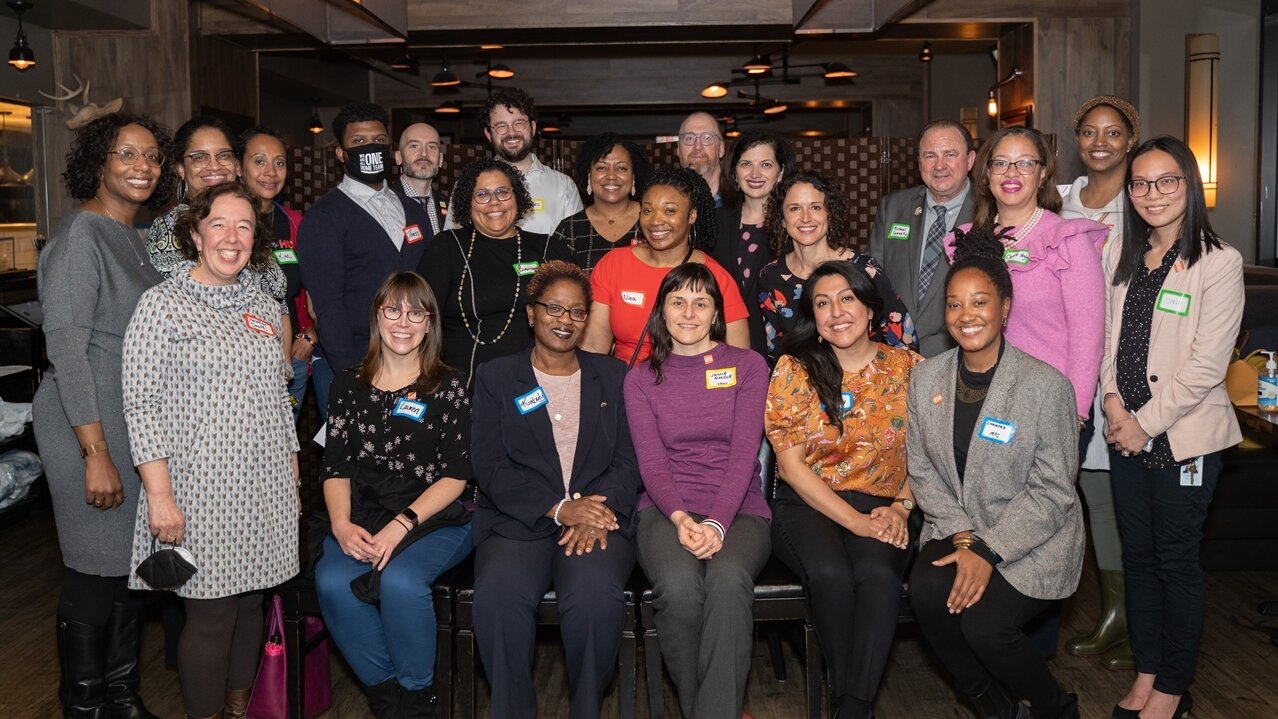
The Justice, Equity, Diversity and Inclusion (JEDI) program concludes its first cohort with City of Chicago participants
Metropolitan Planning Council and Elevated Chicago, in collaboration with MUSE Community and Design and the Mayor’s Office of Racial Justice and Equity (OERJ), celebrated the inaugural JEDI cohort class! The Justice, Equity, Diversity and Inclusion (JEDI) cohort brought together seven City of Chicago departments to practice advanced diversity, equity, and inclusion (DEI) principles, build stronger internal networks, and engage in candid conversations on applying an equity framework to everyday challenges faced by public servants.
Twenty-one City staff were chosen to participate in the nine-month pilot JEDI cohort which kicked off with an Orientation in May 2021. To say the least, this initiative has come a long way. Since 2017, Elevated Chicago, a long-time partner around equitable transit-oriented development, identified a gap in deep DEI understanding and practice across sectors. After years of collaborative departmental work (and roadblocks) where the disconnect between equitable goals and the real-world outcomes became clearer.
Under the new Mayoral administration in 2019 and the hire of the City’s first Chief Equity Officer, Candace Moore, the TOD leaders drew new optimism for closing this gap. With a stated commitment to equity, the new administration opened an opportunity to develop support for key staff members working on collaborative priority initiatives, including eTOD, Invest South/West, and We Will Chicago. From there, Elevated Chicago cultivated leadership through their steering committee, inclusive of the Department of Planning and Development (DPD), Department of Housing (DOH), Chicago Department of Public Health (CDPH), and Chicago Department of Transportation (CDOT) to build and fund a JEDI program. The program was finally funded in 2020 to build out some DEI initiatives, which started as pilot webinars open to the public. During the initial webinars, topics of power and privilege and allyship were explored. Additional care around anti-racism and justice were included in response to COVID and the racial uprising in 2020.
The JEDI cohort was created to foster and build cross-agency collaborative projects. Essentially, this curriculum guided participants in DEI principles through a personal, agency, and community lens. With the understanding that City staff are often caught in between challenging situations and historical and racist practices, it can feel overwhelming to make change. The JEDI program empowered staff to identify and call-in inequity in their personal or agency work as a step towards true equity. The sessions were a mix of speakers, activities, and self-reflection through a JEDI journal.
The first session in June kicked off with a Deeper Dive into White Supremacy where participants learned about ways that white supremacy culture shows up for them personally and professionally. The tenants of white supremacy culture (adapted from Tema Okun) are pervasive and deeply embedded in the way government and society operates. The tenants particularly at the heart of government include the sense of urgency, however small or large, comes at the expense of undemocratic practices. Another white supremacy characteristic is paternalism (practice on the part of people in positions of authority of restricting the freedom and responsibilities of those subordinate to them) and the role of hierarchy is understood within departments and with the public.
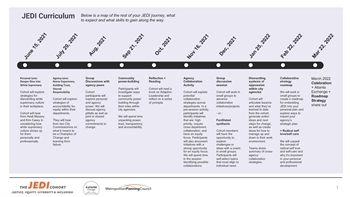
In July, members heard from Commissioner Novara and Commissioner Arwady about their perspectives and strategies for accountability, building trust and shared responsibility. To balance perspectives, participants also heard from communities. Amalia NietoGomez from the Alliance of the SouthEast and Dionne Baux from National Main Street Center in September on community power. Stated and unstated power is important to how government sees itself but also how the public and communities see themselves in relation to government. These relationships can be helpful for staff to bridge and build meaningful and authentic relationships with the voices that should be centered.
In January, participants learned more about Dismantling Systems of Oppressions further unpacking steps needed for change within agencies. Systems of oppression (the –isms) all contribute or reinforce the oppression of marginalized social groups while elevating dominant social groups. Participants have the knowledge to see the systems in place to disenfranchise certain populations while lifting others. Despite the work of resistance throughout the program, at the last session, members were taught the concept of Radical Self Love and Self Care.
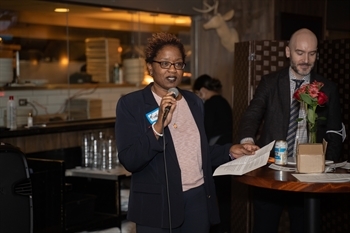
This initial cohort represents different tenures, levels, and expertise from City departments. The agencies included Department of Housing (DOH), Department of Transportation (CDOT), Chicago Transit Authority (CTA), Department of Planning and Development (DPD), Department of Cultural Affairs and Special Events (DCASE), Mayor’s Office of People with Disabilities (MOPD) and the Mayor’s Office.
On March 22, 2022, JEDI cohort members celebrated the completion of their program. While the program has officially concluded, JEDI “warriors” must continue to spearhead agencies for real change. Cohort members are more equipped to act in solidarity for equity. However, there is so much more at stake now as communities grapple with recovery from immediate and long-term effects of COVID-19 and its root causes. As the need for collaboration and partnership intensifies across City agencies, more action is needed to equip staff who make critical decisions for Chicagoans every day.
This initiative has been made possible by funding from SPARCC, US Bank, Bank of America, MacArthur Foundation, McCormick Foundation, and Peoples Gas.
